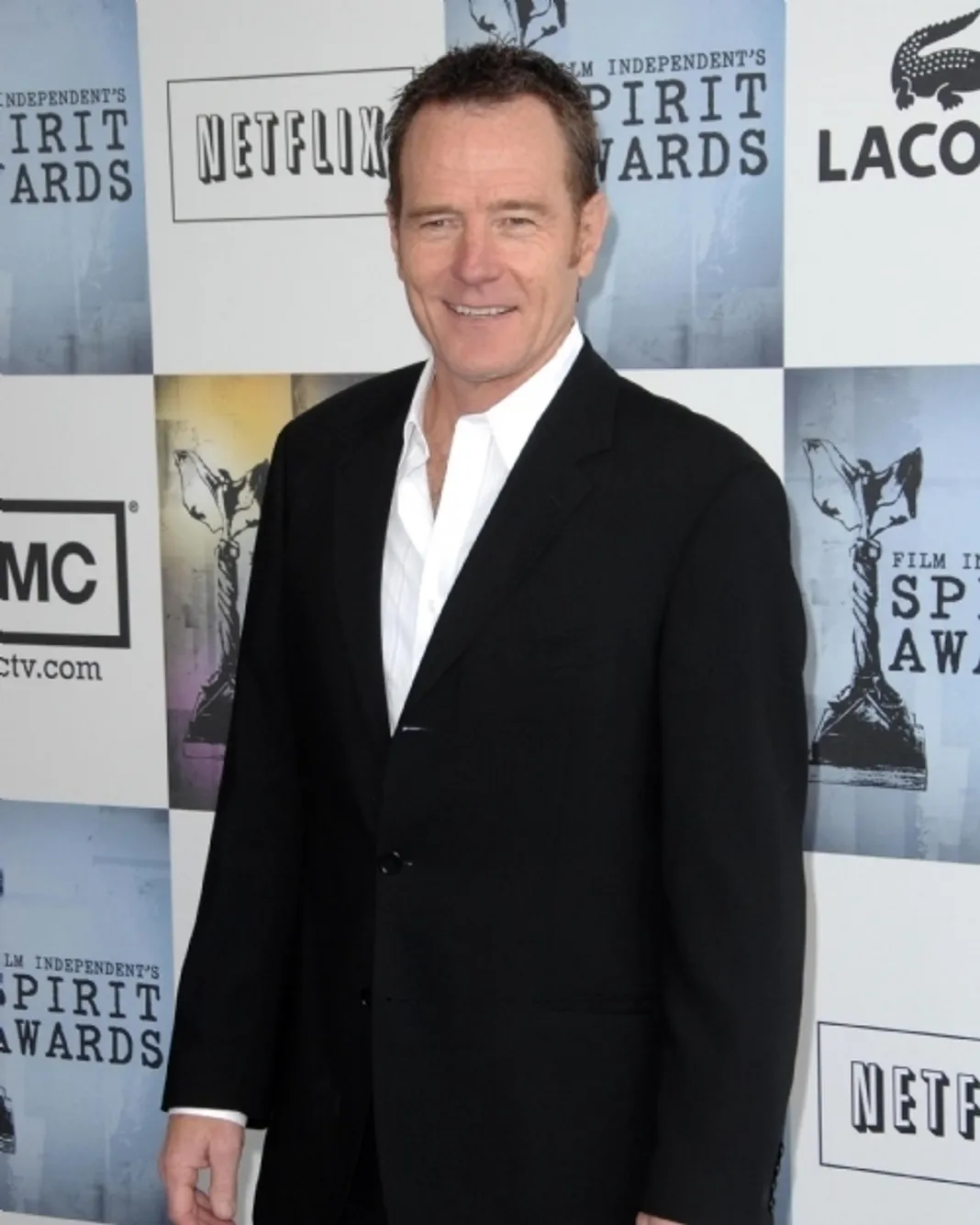 The function of film and television villains has traditionally been to give us a reason to root for the hero. But what if the villain is the hero? What if we are expected to root for, to care about and invest years of our lives into someone who proves more and more to be self-serving, malicious and amoral? At first thought, the endeavor of portraying a character with this on his shoulders seems like an implausible task—one side of this character, be it the “heroic” side or the “villainous” side, must, by definition, be compromised.
The function of film and television villains has traditionally been to give us a reason to root for the hero. But what if the villain is the hero? What if we are expected to root for, to care about and invest years of our lives into someone who proves more and more to be self-serving, malicious and amoral? At first thought, the endeavor of portraying a character with this on his shoulders seems like an implausible task—one side of this character, be it the “heroic” side or the “villainous” side, must, by definition, be compromised.
Maybe the character is doing bad things, but for a justified reason. Maybe we can forgive the things the character does due to some level of lovable incompetence or misunderstanding of the effect he or she has on the world. Maybe our hero starts out bad, but works his way toward the good end of the spectrum throughout his movie or series. But we’d be hard-pressed to lay our hearts in the hands of a hero who proves truly, organically, and voluntarily to grow more evil overtime. After all, there’s no actor out there who can command a completely enrapt audience to invest themselves into a character like this, and expect them to come back for more every week for four years and counting.
Except, of course, for Bryan Cranston.
The AMC phenomenon that is Breaking Bad is fueled by exquisite writing and directing. But the majesty lies heavily in the hands of the program’s leading man, Cranston. On Breaking Bad, he plays Walter White, an ingenious high school chemistry teacher who, at the series’ inception, gets diagnosed with inoperable lung cancer. Stricken by grief and the compulsion to leave his family provided for, Walt decides to pool his unparalleled knowledge in the world of chemistry with a lowlife former student’s familiarity with the business dealings of the drug world to become a particularly profitable creator and distributor of crystal meth.
Fans of the series know that Walt’s immersion into the drug scene invokes the pretty dark internality of the humble science teacher. The audience, the supporting cast, and Walter White himself learn about the true nature of the series’ hero: he is a man driven by a desperate pride. More than the preservation of his family’s well-being is Walt consumed by the desire to preserve his own image—as a drug kingpin, as a respectable patriarch, as a man.

It is Cranston’s embracement of this character and his story that makes the show such a work of art. A character as delicate as Walter White might easily be turned into a caricature, or simply a vehicle for an unsubstantial shock-value series about drugs and guns. But Cranston approaches every facet of Walt—his backstory, his delusions of grandeur, his desperation—with a palpable self-serving humanity that is at once reprehensible and horrifyingly relatable.
There are few examples of a television character so believably human and so capable of unforgivable darkness. Walt exceeds the villainy of some of his TV peers—like Dexter Morgan or Jimmy Darmody—in that he is his own driving force in the game of evil. But Walt also exceeds the humanity of these men, as there are few motivational factors more base and believable than desperation and pride. And without the skilled master of the small screen that is the remarkable talent that is Bryan Cranston, we might never get so crisp and brilliant delivery of Walt’s invaluable journey toward becoming the monster that has for so long lived within him.



